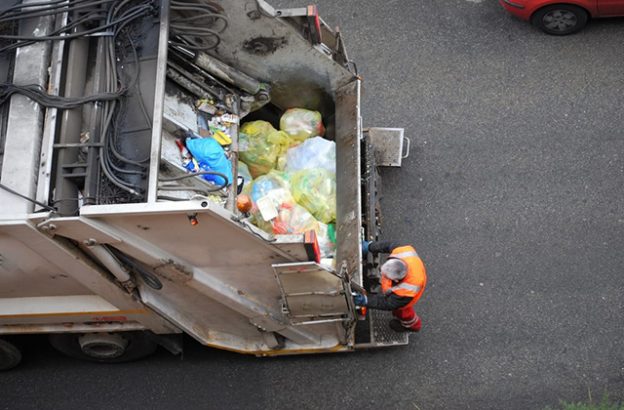The disposal of solid waste is a burning problem which continues to grow with the growth of population and development of industries but with waste disposal Northern Beaches they can slow down the growth. Placing waste in water or onto land has become routine affair for many in majority of places.
Semisolid or solid matter that are created by human or animals are biodegradable in nature. Therefore, they can be decomposed through certain methods. However, many solid wastes, such as paper, bottles, plastic containers, cans and even used cars and electronic goods are non-biodegradable, which means they cannot be decomposed or dissolved through natural agents. Thus, when they accumulate in the dumping area, they may pose major health hazards to people. You cannot burn these wastes to destroy them for they release harmful and poisonous gases. If you bury these wastes in the ground, then organisms living there would not be able to live. Apart from causing potential damage to terrestrial organisms, it also affects land form, reducing possibilities for further use.
Methods of Solid Waste Disposal and Management:
Solid Waste Open Burning:
This is not the perfect method in the present scenario since the elements release harmful and poisonous gases which can pose massive health threat.
Solid Wastes Sanitary Landfills:
Sanitary landfill is the cheapest satisfactory means of sold waste disposal, but only if suitable land is available within economic range of the source of the wastes. Major percentage of the total cost of this method goes to collection and transportation.
Incineration Method:
Incineration method is ideal for combustible refuse. This method can be considered in crowded cities where sites for land filling are not available. High operation and construction account for 75% of total costs of this solid waste management.
Composting Process:
Much like sanitary land-filling, composting process is quite popular in developing countries. It is a natural biological process in which decomposed organic matter is separated and composted under controlled aerobic conditions. Yields can be used as a base for fertilizers.
Two methods have been used in this process and they are a) open window composting and b) mechanical composting.
Salvaging Procedure:
Materials such as paper, glass, metal, rags, certain types of plastic and so on can be salvaged, recycled and reused.
Fermentation/Biological Digestion:
Biodegradable wastes are converted to compost and recycling can be done whenever possible. Hazardous wastes can be disposed using suitable methods.
Recycling:
The practice of recycling solid waste is an old practice. It is a process of converting waste materials into new materials and objects. It is an alternative to conventional waste disposal that can prevent the greenhouse gas effect caused by the emissions. Furthermore, the process can prevent the waste of potentially useful materials and lower the consumption of fresh raw materials. The recyclable materials are, on the other hand, are separated by a number of methods such as shredding, air classification, screening, magnetic separation of metals, and washing.
A professional waste solution company offers a wide range of waste disposal services performed by experts who work with the thousand of organizations to reduce and control waste expenses while improving environmental stewardship at amazing cost.
